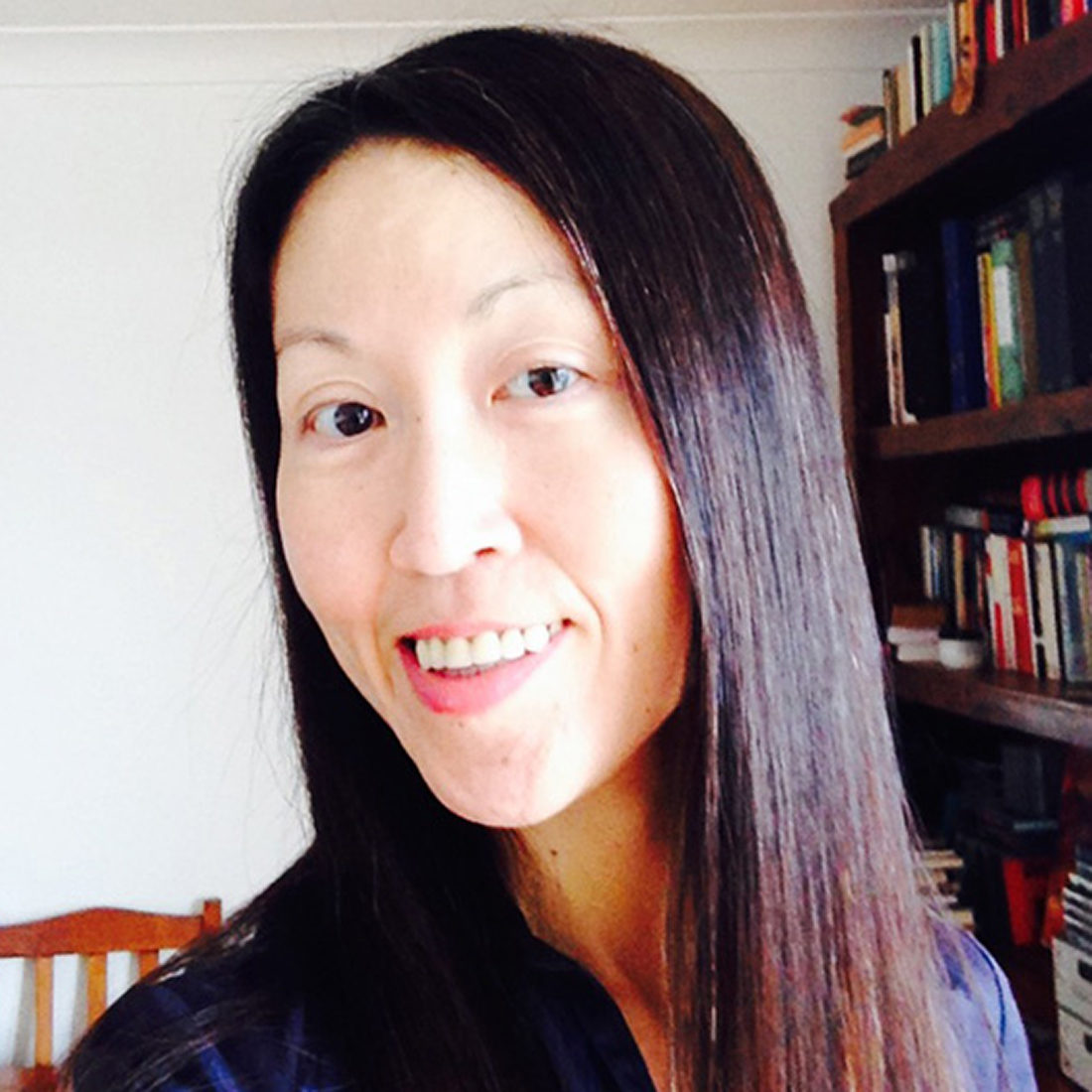Isabelle Li
The title, A Chinese Affair, is intriguing, it almost suggests that you, the writer, were having a kind of love affair of the mind with the subjects of your stories. Am I close or totally off the mark?
I’m glad you find it intriguing. A Chinese Affair is the title of the first story, in which the protagonist of Chinese origin is unable to explain some of her feelings to her Australian husband, ‘because it is a Chinese affair’, and meanwhile she’s secretly having an affair with a Chinese artist. I use it as the title of the collection for its double meanings, its suggestion of complexity, ambivalence and displacement. I’m attracted to the characters of my stories, even though they are often opaque at first. I want to know them, to spend time with them, to understand them through writing. It is indeed a kind of love affair!
Your prose has been described as ‘powerful, exquisite and finely tuned.’ Can you tell us a little about your journey into the craft of writing?
I enrolled into an evening course in 2001 at City East Community College, and studied creative writing with Anna Carmody, an excellent teacher. I learnt that one can start writing from wherever one is. I did the same course three times, braving the peak hour traffic as an anxious new driver. Then I enrolled into a MA degree at UTS, where I was introduced to the works of many important modernist writers, whilst prior to that, I had mostly read classics. After finishing the fourteen subjects, I started a Master of Creative Arts degree by research, supervised by Delia Falconer and Debra Adelaide, two wonderful writers and selfless teachers. A Chinese Affair was the result of my years of study in UTS. I’ve learnt to trust the process of writing, to persevere. My eighty twenty rule is that whenever I think a piece is eighty percent there, it must be only twenty, and I need to be patient, continue working on it. Currently I’m doing a Doctor of Creative Arts degree in WSU. So my journey into the craft of writing is lengthy and slow, and I’m still on the road.
The short story is a very exacting kind of writing that demands a great deal discipline on the part of the writer. Your stories have been published in several literary journals and anthologies, include The Best Australian Stories. What attracts you to this genre in particular?
I’m an avid reader of short stories. When I was a child, perhaps because my father thought a small person should read short stories, he borrowed O. Henry, Maupassant, and other anthologies for me, and later when I was a teenager, Mérimée and Dostoyevsky. I also read short stories from the various literary journals. In China back then, in addition to the major national journals like Harvest and People’s Literature, each province also had its own literary periodicals like Beijing Literature, Shanghai Literature, and in Liaoning, my home province, Teal River Literature. In high school I discovered a library set deep inside the teacher’s building. I used to rush through lunch so I could go there and immerse myself in the brilliant short stories by contemporary Chinese writers. When I was doing the MA, I started reading Alice Munro, and have read almost all her short stories. Today I subscribe to The New Yorker, and read the short story in every issue. I love all forms of literature, but because my reading started with short stories, they seem to me the most intuitive way of storytelling.
You are also a script writer. I believe that your script Mooncake and Crab was made into a short film funded by Screen NSW and premiered at the 60th Melbourne International Film Festival. How are do the demands of writing vary between each genres?
Writing is largely a solitary pursuit, while script development is a collaborative creative process. MOONCAKE AND CRAB was adapted from the first three stories in A Chinese Affair. I wrote it while studying for an elective MA subject, ‘Writing for the Screen’, with Matthew Dabner. I learnt to pare down a story to its essential elements, to shape the narrative with momentum, to show the characters’ inner world through action, dialogue, and imagery. These were invaluable lessons for me. After the subject was finished, Matthew introduced me to the director, Heng Tang, and the producer, Lauren Edwards. I’m still amazed by the film whenever I watch it again – it’s on one hand my story, on the other hand, a new story created by the director, the producer, the actors, in fact, the entire film crew.
These stories are fascinating because they provide windows of varying translucency into a culture with which I thought I was familiar, but which I do not really know. Can you tell us why you chose to tell these particular stories?
Inspirations often arise as an image, a voice, a line of thought and I follow through to uncover the stories behind. A pattern may emerge over time, calling out more stories that fit into a collection. In the case of A Chinese Affair, most of the characters have recently migrated to Australia. These new Chinese migrants, born in the 60s, 70s, have come from Mandarin-speaking parts of China. They are well-educated, aspirational, and keen to be part of the contemporary global order as they deal with a complex past. I’m glad if these stories provide windows into an unfamiliar culture, because although I write in English, my writing has been deeply influenced by Chinese literary tradition, and inspired by Chinese cultural elements.
I understand that you are also a translator, and that you translate poetry from English into Mandarin. Translating is very challenging, but translating poetry is many times more difficult because you are responsible for interpreting rhythm and cadence, as well as well as meaning. How does this part of your work inform your other writing?
Language is one of my preoccupations, and I have learnt so much about English language through poetry, the imagery, the metaphors, the anatomical detail of words, the plasticity of syntax. Poetry translation is undoubtedly difficult, but ultimately rewarding. I get to know the poem very well, its shape, form, sound, pitch, its movement and silence. Then I sing it out in my own tongue. It’s a labour of love, and I’m fortunate to be in a position to include it as part of my creative practice.
Thank you Isabelle. We are really looking forward to hearing you speak at the St Albans Writers’ Festival.


